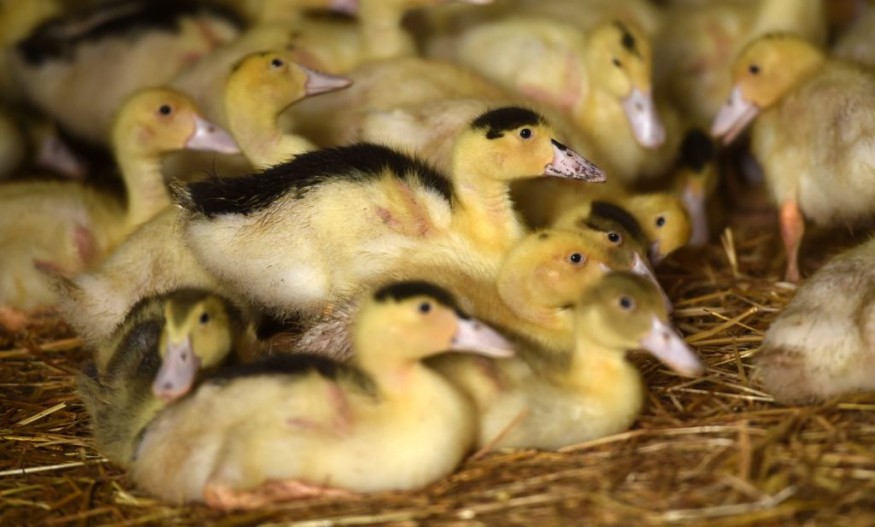Local officials in Northern France said early today that a new cluster of bird flu had been detected in the region, adding two more potential cases in poultry farms were currently being observed.
Several outbreaks of severe bird flu in Asia and Europe have recently been reported to the World Organization for Animal Health, which is an indication the virus that can be distressing to flocks is spreading rapidly again.
A Reuters report specified that commonly identified as bird flu, highly pathogenic avian influenza is frequently spread by migrating wild birds.
More so, the first outbreak on a farm located in France had been detected late last month, in a poultry farm in the country's northern part.

Health Protection Measures
Several cases had been detected before in France, among backyard poultry and wild bird that prompted the government to mandate that "poultry flocks be kept indoors," a similar Channel News Asia report specified.
According to the regional government officials, new health protection measures could be implemented in the days ahead because of the transmission of the disease.
Last winter, an immense wave of bird flu resulted in the authorities discarding over three million ducks in the country's southwestern duck-breeding locality identified for gras pate production.
Essentially, bid flu is not transmissible through the consumption of poultry products. However, outbreaks have raised concern among epidemiologists, especially since the world is slowly recovering from the COVID-19 pandemic since the virus can be transferred from one human to another, ET Healthworld specified in a similar report.
Bird Flu Facts
Bird flu is a condition resulting from a type of influenza virus rarely infecting humans. According to Mayo Clinic, "more than a dozen types of bird flu have been identified," including the two variants that have recently infected humans.
These are the H5N1 and H7N9. This same medical report also specified that when this condition strikes humans, it can be fatal.
Bird flu outbreaks have occurred in Asia, North America, Asia, and some parts of Europe. Most humans who have developed symptoms of this condition have had close contact with infected birds.
In certain cases, bird flu has transferred from one person to another. Only sporadic cases among humans have been reported since 2015.
Health officials are worried that a worldwide outbreak could occur if a bird flu virus mutates into a form that's spreading more easily and quickly from one person to another. Scientists are currently working on vaccines to help people get protected against the virus.
Vaccine for Prevention
The Food and Drug Administration has authorized one vaccine as a protection from infection with the H5N1 variant of the bird flu virus.
The vaccine is not publicly available, although the US government has stockpiled it and is set to deliver it if an outbreak occurs.
This vaccine could be used early in an outbreak to provide limited protection until another one, formulated to shield against the specific virus form that causes the outbreak, is developed and produced. To date, researchers have continued working on other types of vaccines to combat bird flu.
Related information about Bird Flu is shown on Medical Centric's YouTube video below:
RELATED ARTICLE : Highly Infectious H5N8 Bird Flu Virus Now in 46 Countries, Can It Be the Next Pandemic? Scientists Who Warn of COVID-19 Sees Possibility
Check out more news and information on Bird Flu in Science Times.












